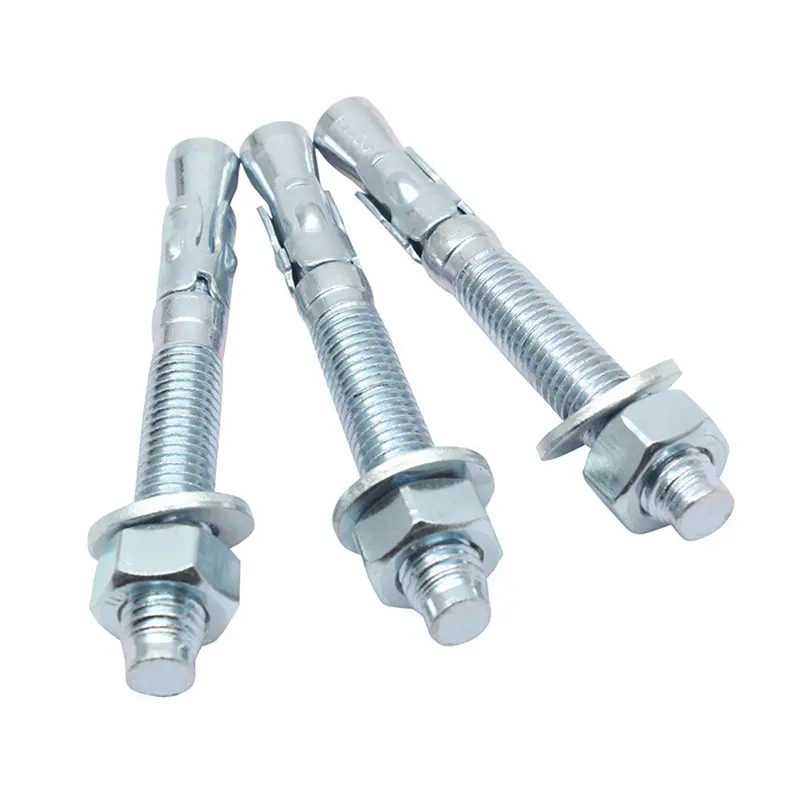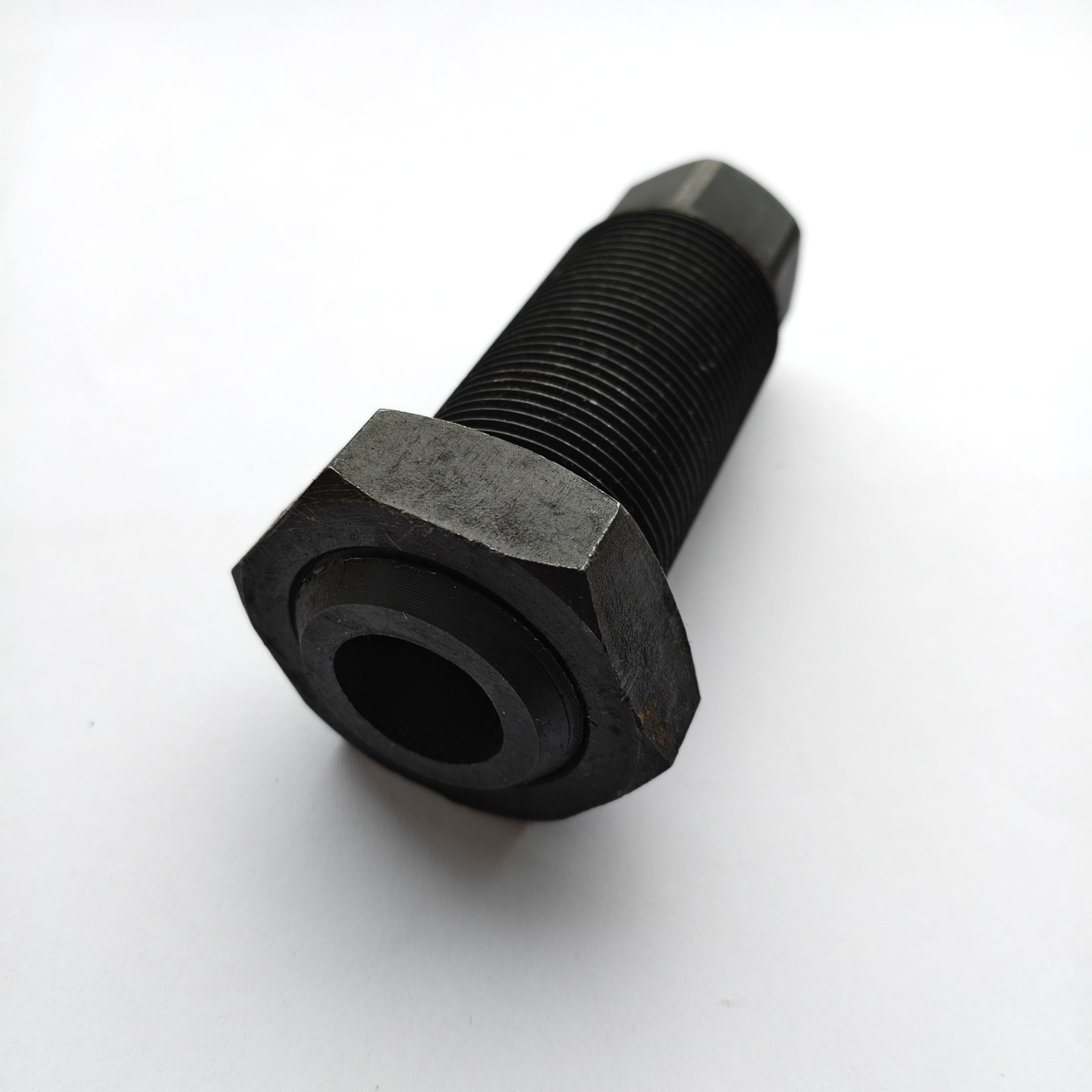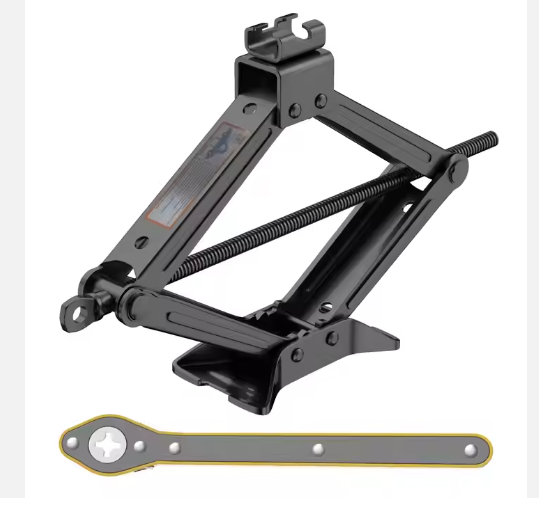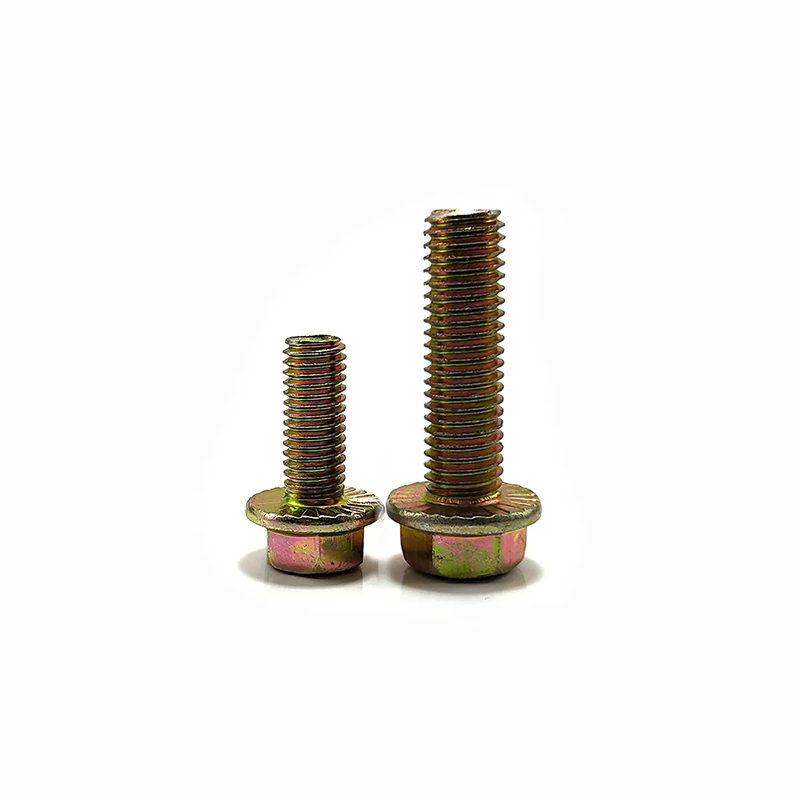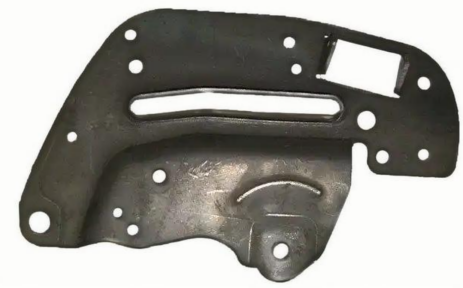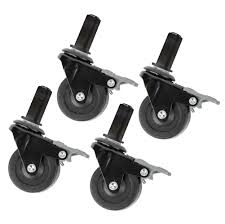

This guide provides a comprehensive overview of expansion bolts, covering their types, applications, installation, and considerations for choosing the right one for your project. Learn how to select and install expansion bolts correctly to ensure a secure and reliable fastening solution. We’ll explore different materials, sizes, and load-bearing capacities to help you make informed decisions. Discover the best practices for various applications, from hanging heavy objects to securing structural components.
Expansion bolts, also known as anchor bolts or wedge anchors, are a type of mechanical fastener used to secure objects to concrete, brick, or masonry. They work by expanding within the hole, creating a strong grip and resisting pull-out forces. Unlike traditional screws that rely on the material's shear strength, expansion bolts utilize the material's tensile strength for a more secure hold, especially in brittle materials. The design varies widely, but all share the basic principle of expansion within the substrate.
Drop-in expansion bolts are a common type characterized by a sleeve that expands when the bolt is tightened. These are often simpler to install and are suitable for a wide range of applications. They are typically made from steel or zinc-plated steel for corrosion resistance.
Sleeve expansion bolts consist of a separate sleeve and bolt. The bolt is inserted into the sleeve, and tightening the bolt causes the sleeve to expand, creating a firm hold. These offer good versatility and are available in various materials and sizes. They’re often used in heavier-duty applications.
Hammer-driven expansion bolts are designed for faster installation. The bolt is driven into the pre-drilled hole, creating expansion through impact force. These are a popular choice for quick installations, particularly in situations where space is limited or a power tool isn’t accessible.
Selecting the appropriate expansion bolt depends on several factors:
The specific installation method varies based on the type of expansion bolt. However, general steps typically include:
| Material | Strength | Corrosion Resistance | Cost |
|---|---|---|---|
| Steel | High | Moderate (unless galvanized or stainless) | Low to Moderate |
| Stainless Steel | High | Excellent | High |
| Zinc-Plated Steel | High | Good | Moderate |
Always wear appropriate safety glasses and gloves when installing expansion bolts. Ensure the hole is properly drilled and that the expansion bolt is the correct size and type for the application. Over-tightening can damage the expansion bolt or the material being fastened to. Consult the manufacturer's instructions for specific safety guidelines.
For high-load applications or critical structural work, it is always recommended to consult with a qualified engineer or contractor. For a wide variety of high-quality expansion bolts, visit Hebei Dewell Metal Products Co., LTD .


